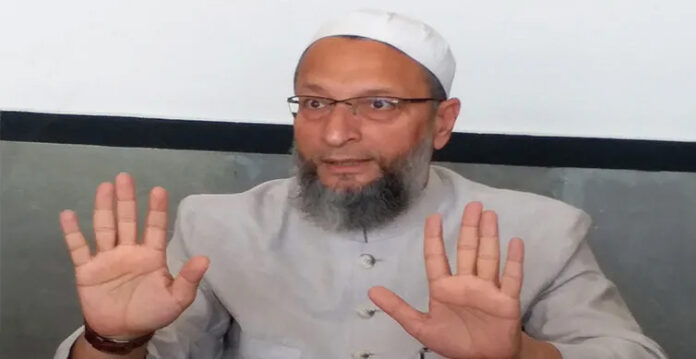Asaduddin Owaisi, the All India Majlis-e-Ittehadul Muslimeen (AIMIM) head and Hyderabad Lok Sabha MP, has expressed his party’s opposition to the Women’s Reservation Bill, noting its failure to provide quotas for Muslim and OBC (Other Backward Classes) women.
Underrepresented Communities Are Underrepresented
Owaisi contended that the measure, which aims to increase women’s political representation, falls short of addressing the underrepresentation of particular areas. He noted that over 70 Lok Sabha elections had taken place in India, with 8,992 Members of Parliament (MPs) elected. Surprisingly, just 520 of this large number are Muslims, signifying a 50 percent disadvantage.
Furthermore, there is a particularly low proportion of female lawmakers among these 520 Muslim MPs, increasing the gender gap in political representation. As a result, Owaisi claims that the law fails to address the critical need for Muslim and OBC women’s participation.
The Women’s Reservation Bill: An Exciting New Development
The Women’s Reservation Bill, which has been the topic of much controversy, was eventually passed in the Lok Sabha on Tuesday, September 19. The landmark measure guarantees women 33 percent of seats in both the Lok Sabha (India’s lower house of parliament) and State Assemblies. Arjun Ram Meghwal, Minister of Law and Justice, presented it in the lower house, and it was adopted by voice vote.
The law states that it would go into force after a delimitation process, with a one-third quota for candidates from Scheduled Castes (SC) and Scheduled Tribes (ST).
Importantly, this legislation will be in place for the next 15 years, indicating a huge step toward greater female equality in Indian politics. Despite many attempts to approve this measure over the past 27 years, it has continually failed, with the most recent defeat in the Lok Sabha in 2010 after being passed by the Rajya Sabha. A law passed by the Rajya Sabha but not considered by the Lok Sabha, according to MeghwaL.
Owaisi’s Concerns Draw Attention to Ongoing Debates
Owaisi’s objection to the Women’s Reservation Bill highlights the ongoing debates and discussions over the bill’s scope and inclusion. While the law is a watershed moment in India for women’s political empowerment, its shortcomings, as highlighted by Owaisi, highlight the need for a comprehensive strategy that tackles the representation gaps of many populations, particularly those who have historically been excluded. The bill’s debate is certain to continue as India grapples with issues of diversity and representation in its political environment.
ALSO READ : Gold Prices in Hyderabad Surge Due to Economic Factors
(This story is sourced from a third-party syndicated feed. Raavi Media takes no responsibility or liability of any nature. Raavi Media management/ythisnews.com can alter or delete the content without notice for any reason.)


